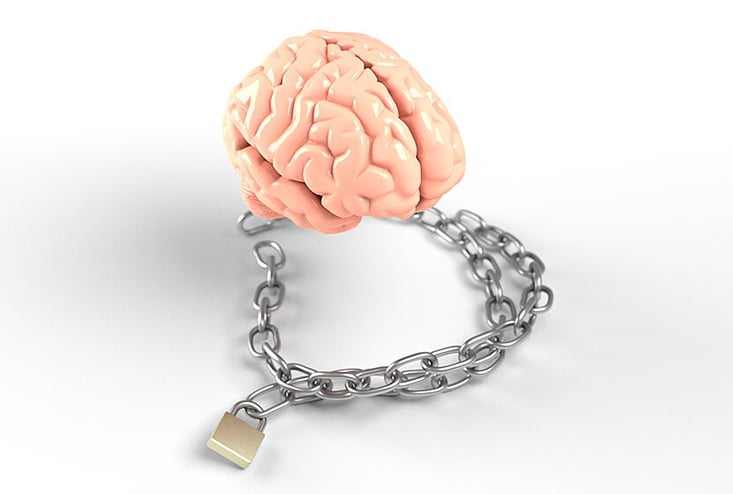Recent polling and statistics demonstrate that America is suffering from alarming rates of mental and emotional health problems. A 2023 Gallup poll, for example, reports that nearly 29 percent of Americans have at some point been diagnosed with depression, an almost 10 percentage point increase from 2015. Another poll, the Gallup 2024 World Happiness Report, shows the United States dropping to 23rd among the world’s nations in overall contentment, in large part because of the unhappiness recorded in Americans under the age of 30. Within this group, adolescent depression exploded from 8.1 percent in 2009 to 15.8 percent in 2019. In 2022, suicides, which are closely linked with depression, reached an all-time high in the United States.
As disturbing as these statistics about depression and suicide are, however, the psychological disorder most openly affecting today’s broader culture is surely delusion.
In their medical journal article “Understanding Delusions,” Chandra Kiran and Suprakash Chaudhury note that those suffering from delusion have “ … a perverted view of reality, incorrigibly held, having three components: 1) They are held with unusual conviction; 2) They are not amenable to logic; 3) The absurdity or erroneousness of their content is manifest to other people.”
Today the views held by large segments of the population about transgenderism and on sexual identity serve as just one example of this sort of delusion. Today’s transgender advocates pervert or ignore biological reality. Logic tends not to enter their discussions, to the point that objective definitions of words like “woman” are excised from the conversation. They viciously attack as homophobic those opposed to this confused gender ideology, such as author J. K. Rowling. Defined by these criteria, transgenderism certainly seems to qualify as a delusion.
Three factors in our postmodern world have played key roles in creating and spreading similar delusions.
The first is ignorance, along with a rejection of wisdom from the past. For decades now, many of our public schools have failed to equip students with the basics of reading, writing, and math while at the same time eradicating the Western literary tradition from their curricula. The result has been an ongoing interplay between ignorance, illogic, and the perversion of reality.
Proponents of climate change, for instance, demand that Americans cease consumption of fossil fuels to save the planet while ignoring that cuts in America will do little so long as China continues to produce vastly more greenhouse gases. Meanwhile, pro-Palestinian protesters disrupt America’s college campuses with encampments, chanting, threats, and violence, while apparently knowing as much about the tangled history of Israel and Gaza as they do about the backside of the moon.
Up next in this machinery of delusion are those two distinctly American virtues: tolerance and compassion. Many in our country pride themselves on practicing these virtues, but too often fail to recognize the limits or consequences of indiscriminate indulgence in them.
Here the debacle at our southern border serves as a shining example of this sort of deluded thinking. While many Americans reflexively supported the present administration’s open-border policies because they were hoping to offer refuge to the persecuted and the oppressed, now they must face, along with the rest of us, the consequences of ill-considered “feel good” compassion. These include the decades of damage that will be done to American healthcare, education, and national security by allowing more than 10 million illegal immigrants into our country, including large numbers of criminals, gang members, and terrorists.
An unthinking embrace of technology is a third way delusion is spread today. Previous totalitarian governments that were able to parlay the power of newspapers, radio, television into tools of oppression would look with envy upon the ways our government has harnessed the power of the Internet. Equipped only with a phone or a laptop, agents of madness can regularly appear on TikTok and other social media platforms exhibiting behavior or expressing ideas that 40 years ago would have marked them insane and yet these “influencers,” today, can cast their nets of delusion over thousands, even millions, of gullible viewers.
In “Is a Mass Psychosis the Greatest Threat to Humanity?” a video and transcript produced by the Academy of Ideas, the writers quote Dostoevsky’s Demons, “It was not you who ate the idea, but the idea that ate you.”
Before giving in to new ideas simply because they become fashionable, we need to encourage our citizens to test them—especially when they come in the form of government proclamations and mandates, as they did during the COVID pandemic. If you determine that these ideas run counter to reality, threatening to swallow you and those you love, then it’s time to push yourself away from the table.

Leave a Reply